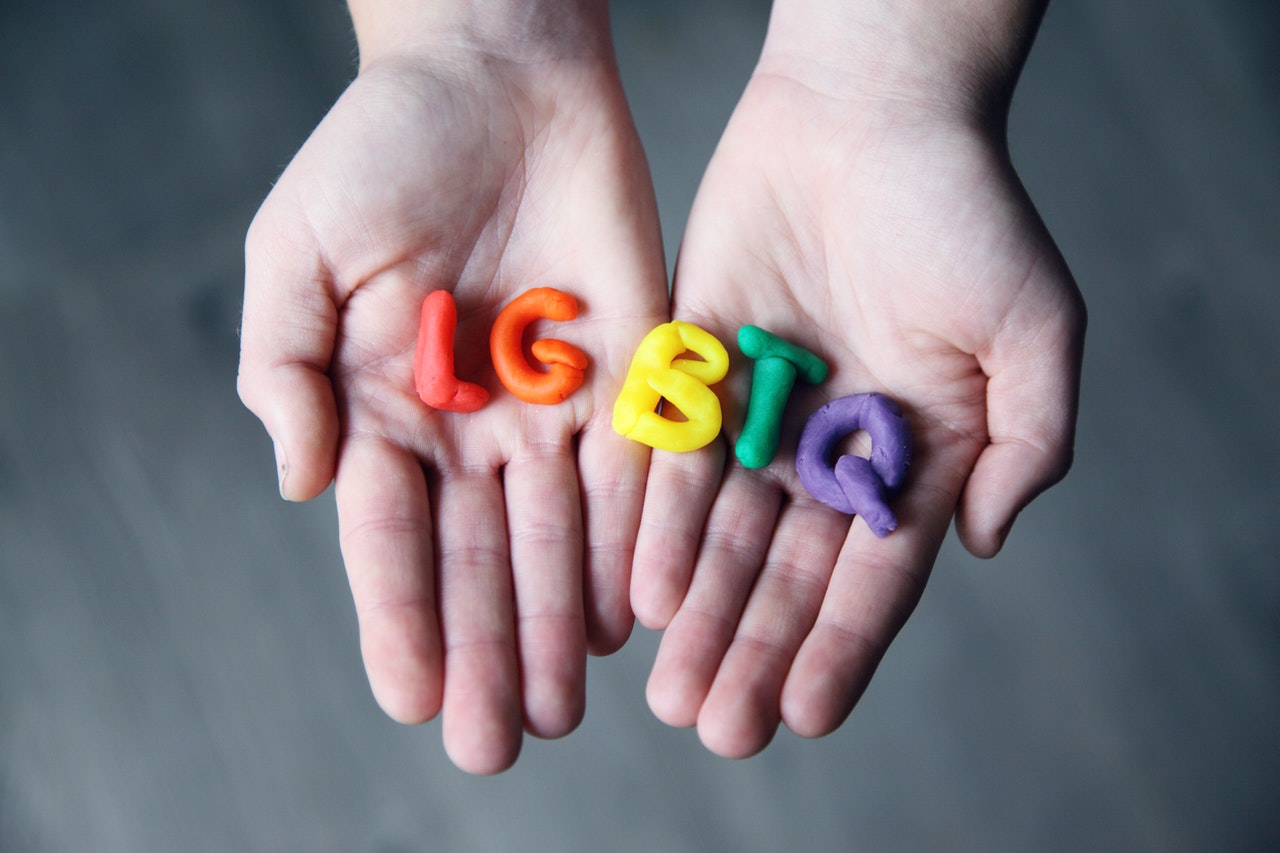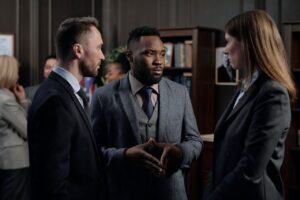In a modern society, we expect certain rights. Some of these rights only exist because they are made law. Other rights and freedoms still need to be fought for. This is in part true with LGBTQ, which has been in the news recently in relation to the exodus cry organization, a Christian charity.
History
LGBTQ stands for lesbian, gay, bisexual, transgender, and then either questioning or queer. This acronym was coined around 1988 when activists used it in the US. It was in the 1990s within this movement that all components gained equal respect. Male homosexual acts can be depicted as far back as 9,600 BCE in Mesolithic rock art in Sicily. In around 9,000 BCE The Ain Sakhri Lovers were sculptured. Their gender is unknown. In 1967, homosexual acts between men over 21 in private were decriminalized in England and Wales. In 1994, this age of consent was reduced to 18. It was scientific writer Wainwright Churchill in the 1960s who coined the phrase “homoerotophobia”, the possible precursor to “homophobia”. In 1970 the first LGBTQ Pride March was held in New York. In 1972, Sweden would become the first country which allowed transsexuals to legal change their sex by providing free hormone therapy to them.
LGBTQ Rights Made Law
When various rights became law was dependant on the country. Some countries were later in adopting a more relaxed approach to homosexuality and issues of transgender. In the UK, on 17 July 2013, The Marriage (Sam Sex Couples) Act was passed. The first marriage would then take place on Saturday 29 March 2014. The first evidence of a marriage between a man and a woman dates to 2350 BC in Mesopotamia, and it has clearly taken this long to consider anything different as being acceptable. Before gay marriages came along, civil partnerships allowed the other party to lay claim to a partner’s property, as with a conventional marriage. The difference between the previous civil partnership arrangement for same sex couples and an actual marriage was that it was formed by the signing of a civil partnership document, whereas a marriage is with vows. In cases of divorce, instead of ending in a divorce, like a conventional marriage, the civil partnership arrangement would end in dissolution. However, with gay marriages having been brought in since, they are a step closer to recognising the union as a heterosexual marriage does.
Employment is changing in that employers are, at least in the UK, taking notice of any bullying that is going on in the workplace in relation to homophobia. They are writing it into their employment contracts as something that is not an acceptable practice. Although, there is much still to be done to make recruitment less discriminatory. After all, who they recruit is down to the employer or the interviewers, who have individual opinions that may or may not contravene the ideals of the whole organization. For information on the changes needed at work to achieve equal rights for the LGBTQ community, you might like to click on the link and read the additional article.
The Rights Still Being Fought For
So, to the rights that are still to this day being fought for by LGBTQ communities, both through protests and quiet hope. The rights that Christian organisations and charities will believe are against humanity and not in accordance with the Bible’s beliefs. Many will see the Bible as if it were written in stone. Others will view it as open to much interpretation, or in need of significant modernization by its readers. This is where disputes come about as to what rights should be given in relation to those classified as LGBTQ, a label one should not need to have. It is why laws have not always kept pace with modern society. Those making these laws refer to old ways that have not changed for, not just decades, but centuries.
In the US alone, there are various battles being fought in relation to LGBTQ rights. Protestors will metaphorically fight against violence aimed at anyone seen to be different from the norm. Gay couples want to be able to adopt children that they cannot produce themselves; something which is viewed as unnatural by Christian charities. Those born into the wrong skin, so to speak, want to be able to freely change their gender through conversion therapy. The LGBTQ community face discrimination at work because there are not always the same laws in place to protect them as with gender and race discrimination. Not that both of those have been eradicated. This discrimination also exists with landlords deciding on what type of tenant they feel happy renting their properties to. An opinion perhaps born from prejudices handed down to them over generations of misinformed hatred. Then, there is the issue that transgender individuals, or those in the process of transitioning, cannot frequent certain toilets. Health care and the criminal justice system can also be seen to work against those of LGBTQ persuasion.
So, considering the above, it is in the main about acceptance. It is not until attitudes change fully in this direction that we can then expect the legal system to modernize further in its views and the laws be passed that assist in eradicating the prejudices. It is a continual fight for rights and justice.




